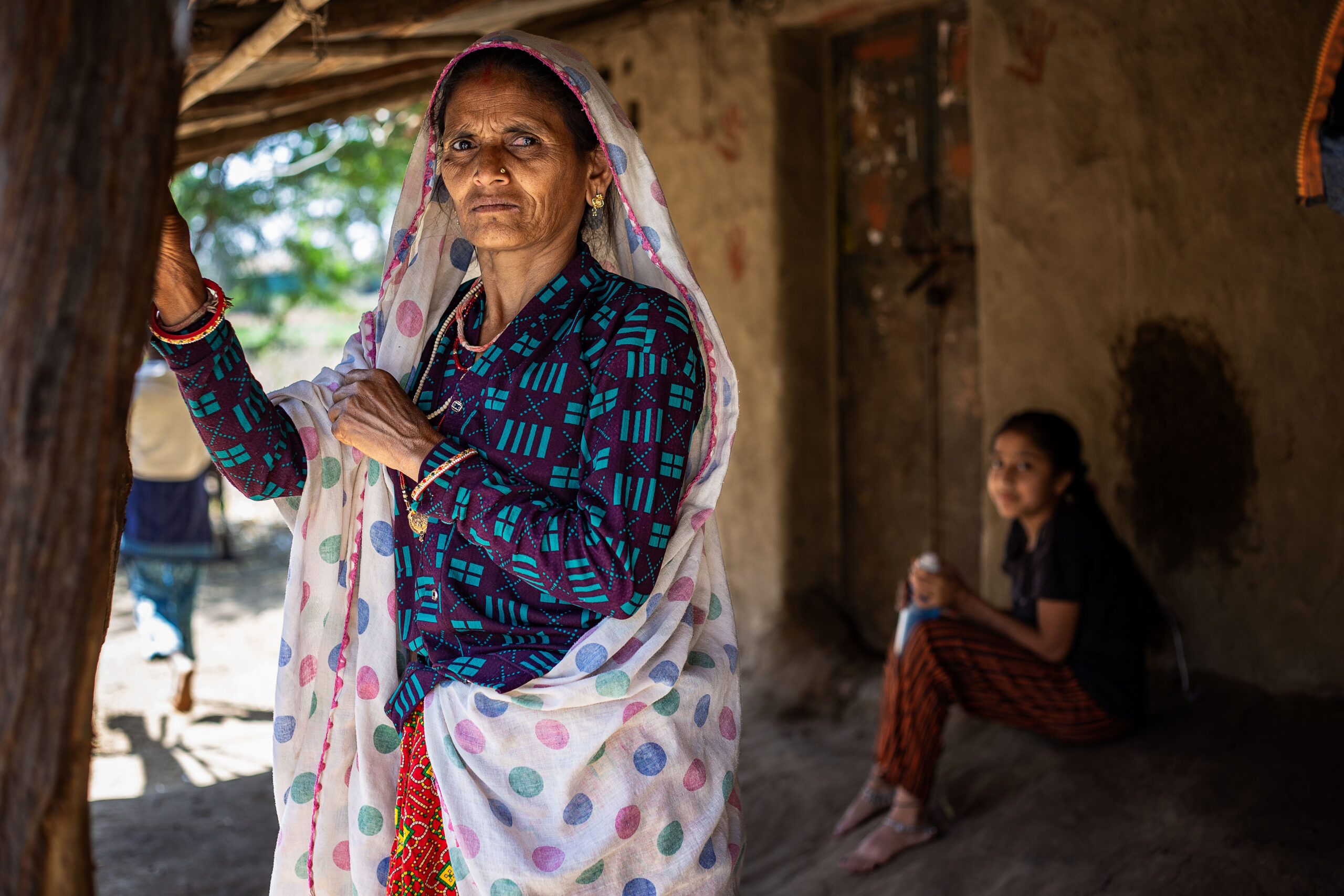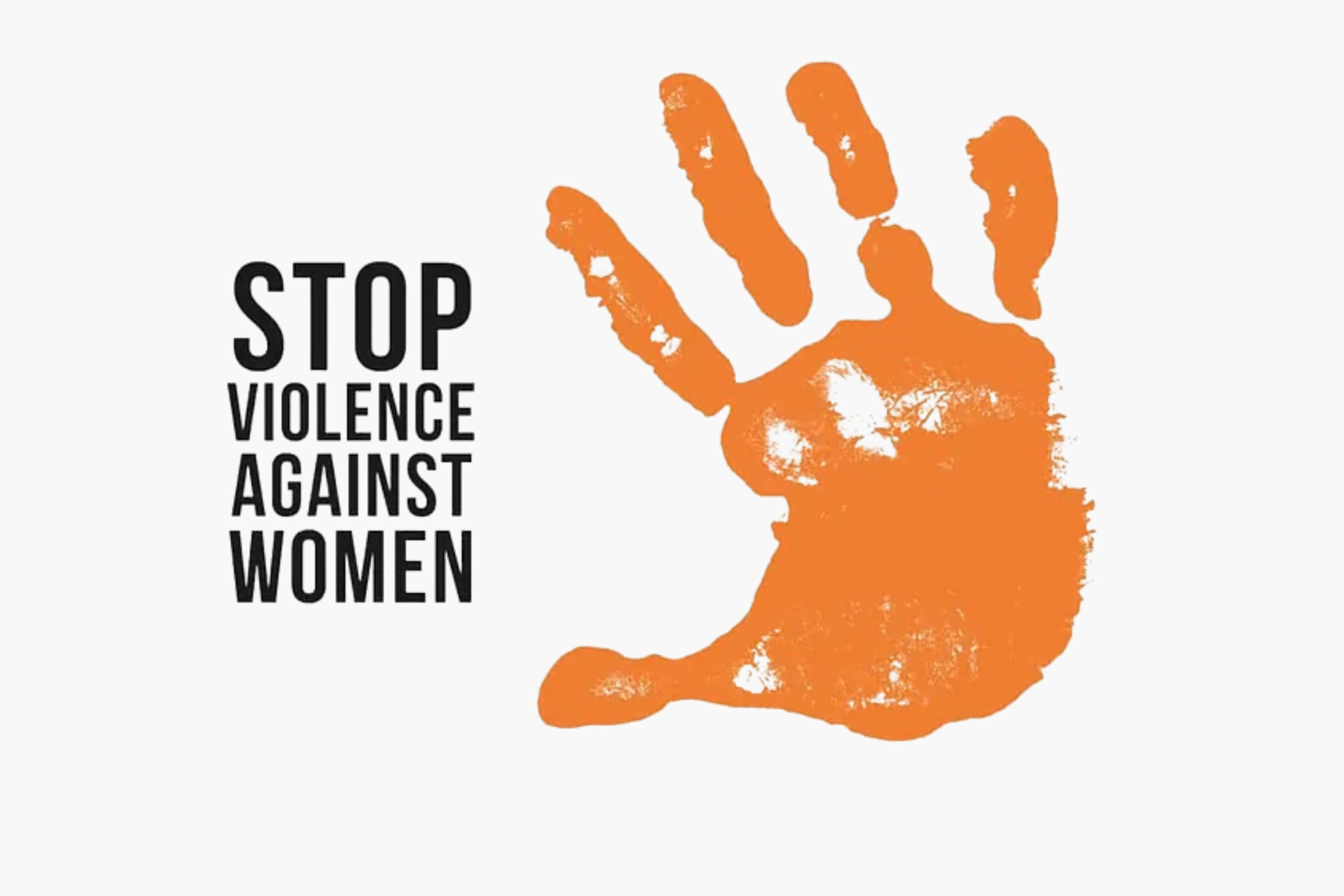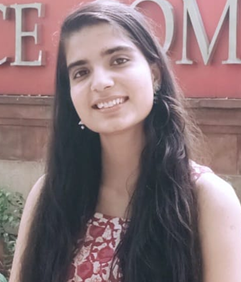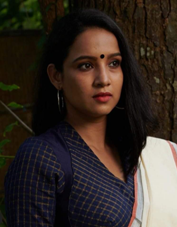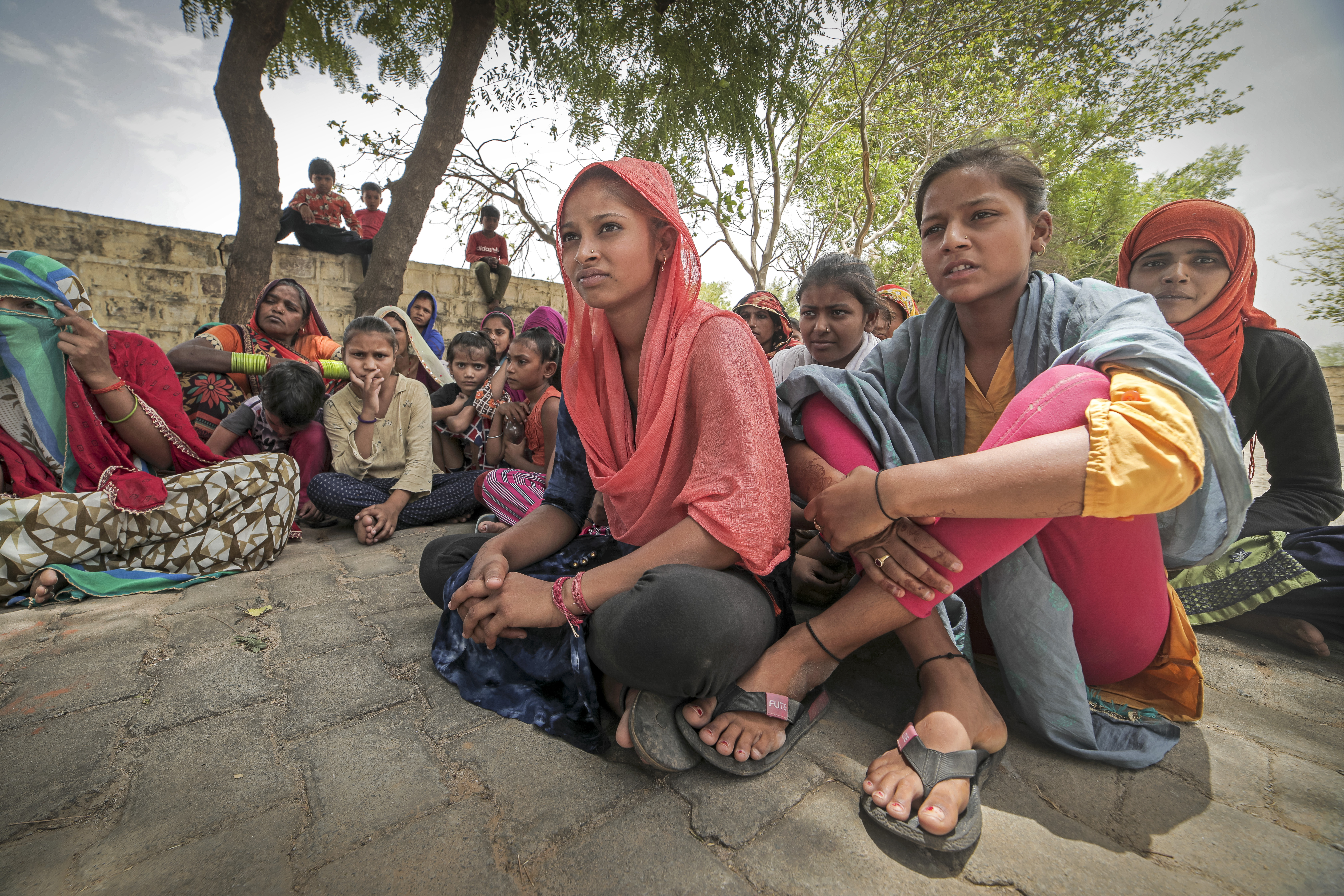
Let’s Get it Right: Menstrual Health and Hygeine
Let’s get it Right: Menstrual Health and Hygiene.
If menstrual health and hygiene is well managed from the start, it has a surprisingly high potential to contribute to increasing female empowerment at a critical stage of a girls’ life so Let’s get it Right:. Menstruation is a natural and essential part of the reproductive cycle experienced by menstruators worldwide. Unfortunately, it remains shrouded in stigma and misinformation, perpetuating harmful taboos that hinder women’s well-being and equality. According to the most recent National Family Health Survey (NFHS) 5, more than 30 per cent of women between the ages of 15 and 24 do not use hygienic methods of protection during their menstrual period. And have you wondered where trans men dispose their menstrual waste? To address the issue of period inclusivity, poverty and hygiene, it is crucial to start a dialogue on menstruation, break the taboos, and end the stigma surrounding this normal bodily function. By doing so, we can raise awareness about the challenges faced by menstruators regarding access to menstrual products, education about menstruation, and the need for period-friendly sanitation facilities. Mobilizing adequate funding will be essential to ensure action at scale and empower women from all walks of life.
There is need for action on 5 fronts-
Breaking the Taboos and Ending Stigma:
To break the taboos and end the stigma surrounding menstruation, open and inclusive conversations must take place at various levels, including families, communities, educational institutions, and the media. Menstruation must be looked at through the lens of intersectionality. Access and the burden of social taboos do not cut across socio-economic layers equally. Information dissemination and myth-busting should be a priority for any work that is centred around Menstrual Health and Hygiene Management. It essential to dispel myths, challenge cultural beliefs, and provide accurate information about menstruation. By promoting a culture of acceptance and understanding, we can create an environment where women feel comfortable discussing menstruation openly and seeking the support they need. The ecosystem around a menstruating woman needs to be strengthened in order to ensure that it is conducive for all.
Women are still told not to visit temples during their periods. In many families in India, women can’t perform spiritual activities or go close to auspicious celebrations. Ankita, 36 years old, shares, “At my previous workplace, I was forced to carry my used menstrual pad back home because they didn’t want their male housekeeping staff to manage menstrual waste. They felt it brings them bad luck to see the “dirty blood.”
Mahesh(Name changed for confidentiality), a trans man from Delhi, shares the challenges he faced around access to menstrual products because periods are considered as an “only women’s” issue. “I am not sure where to dispose my pads in public toilets or toilets at work since people think only females menstruate.” Most people are unaware of the struggle transmen have to go through while they are on their periods. It indicates how less we understand periods as a society.
Educating About Menstruation:
The May ’22 report published by UNICEF states that 71% of adolescent girls in India remain unaware of menstruation until they get their first period.
Education plays a pivotal role in dismantling the barriers associated with menstruation. Comprehensive and inclusive menstrual health education should be integrated into school curricula, ensuring that young girls and boys receive accurate information about menstruation from an early age. This education should cover biological aspects, emotional well-being, hygiene practices, and the use of menstrual products. The shame attached to menstruation along with inaccessibility to menstrual hygiene has integral role to play in girls dropping out of schools. The promotion of knowledge and understanding empowers individuals to make informed choices and eliminate the fear and shame associated with menstruation.
In a heart-breaking incident that sent shockwaves throughout the country, a 12-year-old girl was brutally tortured and killed by her brother in Ulhasnagar, Thane district. The young girl had just started menstruating and had period stains on her clothes, which her brother mistook for evidence of an affair. We can tell how women’s lives are controlled by those who have never cared to know all about periods.
Addressing Challenges in Access to Menstrual Products:
Lack of access to affordable and hygienic menstrual products is a significant challenge faced by menstruators in many parts of the world. This issue hampers their ability to participate fully in social, educational, and economic activities. Governments, NGOs, and private entities must work together to ensure the availability and affordability of menstrual products, especially in marginalized communities. Additionally, initiatives promoting reusable and sustainable alternatives can contribute to long-term environmental and economic benefits. According to NFHS-5, access to safe menstrual practices is inversely proportional to their economic status.
Pakistani Hindu refugee women who have been living at Signature bridge in the capital of the country have had no access to menstrual products. They use dry leaf and lose soil to manage their period flow. It is shocking to come across these stories in 2023.
Creating Period-Friendly Sanitation Facilities:
Inadequate sanitation facilities pose a severe challenge for menstruators during menstruation. Many public spaces, schools, and workplaces need clean and private toilets, proper waste disposal systems, and access to water. This not only compromises women’s health but also leads to their exclusion and discomfort. Governments and organizations should prioritize constructing and maintaining period-friendly sanitation facilities, including separate toilets equipped with clean water, sanitary bins, and handwashing facilities. Such efforts will contribute to women’s and girls’ overall well-being and dignity.
Mobilizing Funding for Action at Scale:
To effectively address the challenges related to menstruation, sufficient funding is crucial. Governments, philanthropic organizations, and the private sector should allocate resources to support comprehensive menstrual health programs. These funds can be utilized to establish education programs, provide access to affordable menstrual products, and improve sanitation facilities. Mobilizing funding at a larger scale will enable sustainable change, ensuring that all women, regardless of their socioeconomic status, have access to the support and resources they need.
Even though available infrastructure is a major starting point to ensure equity in access to Menstrual Hygiene and Health, starting a dialogue on menstruation, breaking the taboos, and ending the stigma surrounding this natural bodily function is essential for women’s empowerment and gender equality. By raising awareness about the challenges related to access to menstrual products, education, and period-friendly sanitation facilities, we can create a more inclusive and supportive society. Mobilizing adequate funding is crucial to implement sustainable initiatives at scale. Through these combined efforts, we can ensure that menstruation ceases to be a source of shame and instead becomes a catalyst for positive change. There is a need for strategic partnerships among multiple stakeholders to ensure diverse reach for the cause.
There are hopes for the day when no menstruator will face period poverty, no trans man will feel ashamed of buying pads off the counter and no girl will be told to not participate in any activity because she was menstruating.
Thematic Areas
- All Resources
- Climate Change
- Education & 21st Century Skills
- Health
- Livelihood & Employability
- Nutrition
Recent Blogs
Jan 07, 2025, IPE CKD
June 19, 2024, Shreya Chowdhury
December 10 2022, Chhavi Goyal

